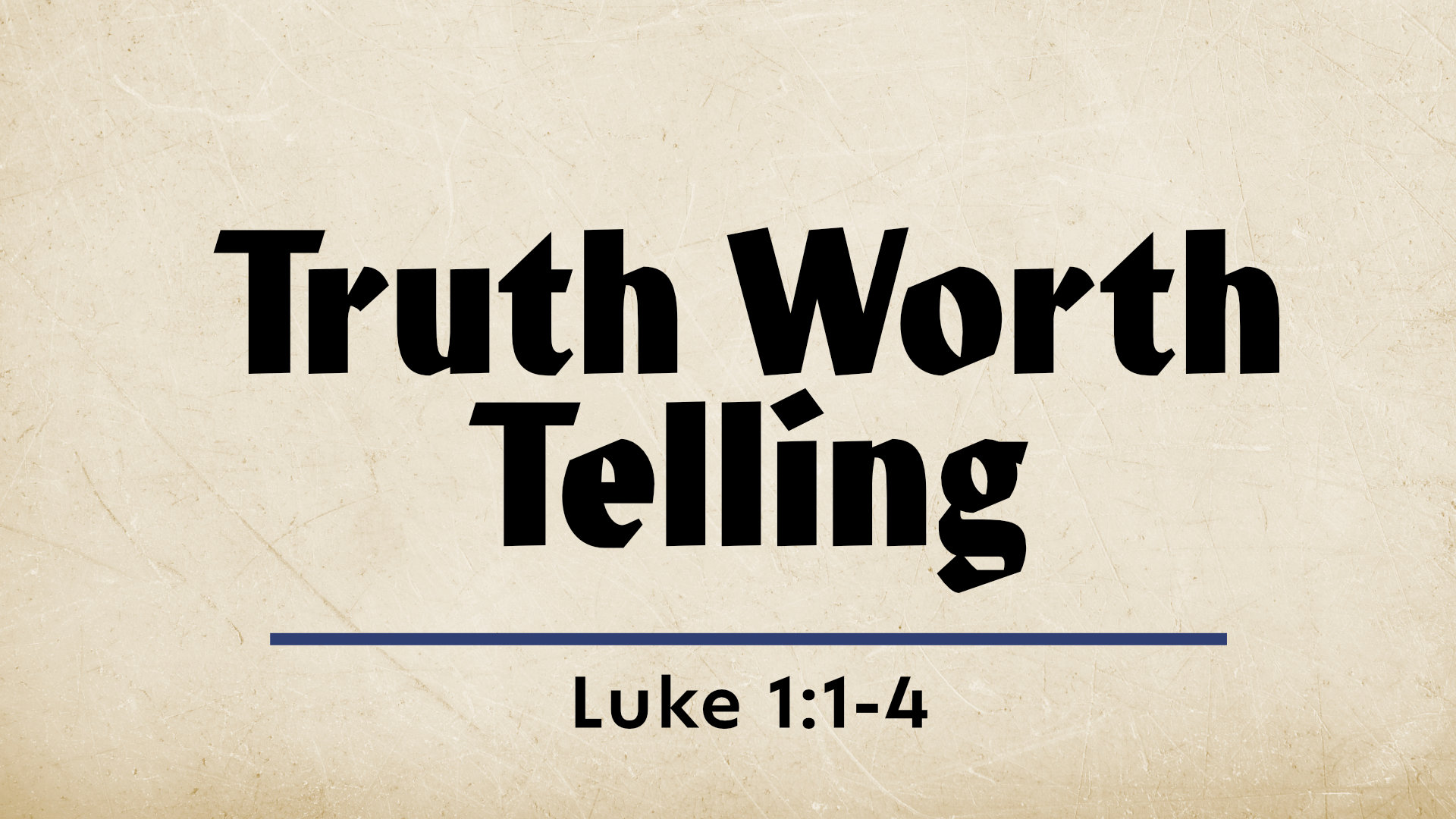Comfort Through Creation: The Psalms Declare the Glory of God
Comfort Through Creation: The Psalms Declare the Glory of God
This post is the fifth one in a series deriving from the “Comfort Through Creation” seminar that took place at Rocky Creek in March 2025. If you’d like to receive the PDF and audio version of that seminar, you may email allen@rockycreek.church.
The Bible is replete with examples of passages that use creation to highlight the wonder and goodness of God. However, perhaps no single book of the Bible does this more than the Psalms. We’ll look at just three instances:
Psalm 8
1 O Lord, our Lord, your majestic name fills the earth!
Your glory is higher than the heavens.
2 You have taught children and infants
to tell of your strength,
silencing your enemies
and all who oppose you.
3 When I look at the night sky and see the work of your fingers—
the moon and the stars you set in place—
4 what are mere mortals that you should think about them,
human beings that you should care for them?
Andrew Wilson states, “[W]hen the Scriptures want to cut the legs out from under human arrogance, they often just point to the night sky, ask who created it, and let the magnitude of the galaxies speak for themselves.” The great prince of preachers, Charles Spurgeon, adds, “‘A survey of the solar system has a tendency to moderate the pride of man and to promote humility.’” There are roughly 250 billion stars in the Milky Way galaxy (the galaxy we are located in). It would take light a thousand centuries to cross from one end of our galaxy to the other. Furthermore, light travels 186,000 miles per second. This would amount to almost six trillion miles in a year (i.e., a light year). Light takes 1.3 seconds to get from our moon to Earth, and 8 minutes and 17 seconds to get from our sun to Earth. Perhaps the most amazing facet of this psalm is that it reveals that the same God who made the heavens and planets and stars also is happy to showcase himself by the praises of little children (v. 2).
If you do nothing else, perhaps go outside tonight and look up at the stars and worship God.
Psalm 19
1The heavens proclaim the glory of God.
The skies display his craftsmanship.
2 Day after day they continue to speak; night after night they make him known.
3 They speak without a sound or word;
their voice is never heard.[a]
4 Yet their message has gone throughout the earth,
and their words to all the world. God has made a home in the heavens for the sun.
5 It bursts forth like a radiant bridegroom after his wedding.
It rejoices like a great athlete eager to run the race.
6 The sun rises at one end of the heavens
and follows its course to the other end.
Nothing can hide from its heat.
This psalm reveals that God speaks through his world (vv. 1-6) and his word (vv. 7-14). As Spurgeon says, David “had devoted himself to the study of God’s two great books—nature and Scripture; and he had so thoroughly entered into the spirit of these two only volumes in his library, that he was able with a devout criticism to compare and contrast them, magnifying the excellency of the Author as seen in both….He is wisest who reads both the world-book and the Word-book as two volumes of the same work, and feels concerning them, ‘My Father wrote them both.’” Speaking directly to the heavens declaring the glory of God, Spurgeon adds, “In the expanse above us God flies, as it were, his starry flag to show that the King is home.” As Christians, we should desire to have this kind of instinct: every time we see God’s creation (stars, sunrise or sunset, mountains, oceans, birds, grass, leaves, etc.) is an opportunity to lean into the reality that this is my Father’s world. The King is home.
Psalm 19 should not merely inform our theological check lists. “God does not intend for us to look at the world he has made and feel nothing. When the psalmist says, ‘The heavens declare the glory of God’ (Ps. 19:1), he does not mean this only for the clarification of our theology. He means it for the exultation of our souls.” In other words, places like Psalm 19:1 should make a difference not just in what we know, but in how we feel and emote about God.
Psalm 104
This psalm is far too long to include here, but notice just some of the personification (giving physical objects person-like agency) and natural processes that borrow from the created order:
- “You stretch out the starry curtain of the heavens” (v. 2)
- “Mountains rose and valleys sank to the levels you decreed.” (v. 8)
- “You send rain on the mountains from your heavenly home, and you fill the earth with the fruit of your labor.” (v. 13)
- “You cause grass to grow for the livestock and plants for people to use.” (v. 14)
- “You made the moon to mark the seasons, and the sun knows when to set.” (v. 19)
- “The earth is full of your creatures….Here is the ocean, vast and wide, teeming with life of every kind, both large and small….They all depend on you to give them food as they need it.” (vv. 24-27)
- “The earth trembles at his glance; the mountains smoke at his touch.” (v. 32)
Isn’t that awesome?! The psalmist is eager to show us how intimately God is connected to everything. That is not an overstatement. We are intended to see God in all of creation. We are meant to have a worldview that is “enchanted” (i.e., that sees God’s hand in everything). Pastor and biblical scholar N.T. Wright states, “[W]hat looks to the flattened-out imagination of late Western modernity like ‘lifeless’ matter is in fact a world throbbing with God-given life. That life is constantly praising its maker by being, particularly and peculiarly, what it is.” John Piper helpfully adds the following:
“It is a tragic fact of the modern world that most contemporary, scientifically minded people think it is more true and significant to speak of the technicalities of photosynthesis than to say, ‘God makes the grass grow.’ This is not just a sentence for children. It is a sentence—a reality—desperately needed by the soul-shrunken modern man whose world has been reduced from a theater of wonders to a machine running mindlessly on mechanical laws.
Of course, a God-entranced Christian may happily go about his scientific work on photosynthesis and put technical names on the ways of God. But woe to us if we follow the secular spirit of the age into a frame of mind where God is out of sight, out of mind, and out of our everyday conversation about the wonders of growing grass.”
How wonderful that God not only created the world, but then gave us our five senses to engage with him through the world he has made! Our bodies (sight, hearing, taste, touch, and smell) take in the world God has made, and we connect the dots from creation to the Creator. As a result, our imaginations expand to know and love God through a thousand different ways. In the same way that a diamond has a thousand different cuts or facets that all reflect light in brilliant colors, creation helps us to have endless possibilities for delighting in God. And the Psalms point us repeatedly in this direction.



























